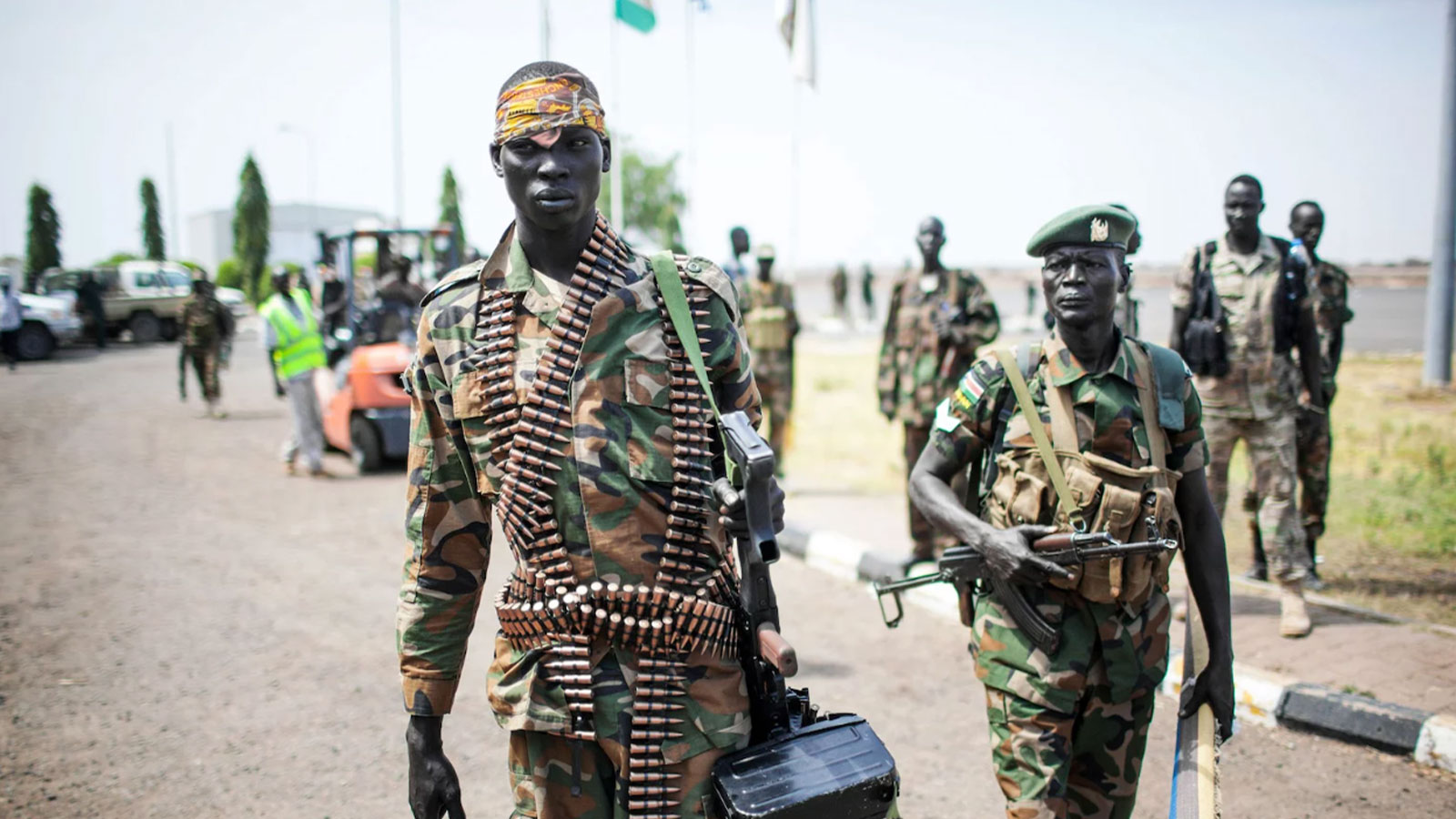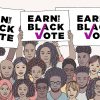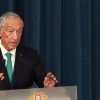By Tadios Belay, International Policy Digest —
The African continent, known for its rich cultural diversity and untapped potential, has long struggled with complex and deeply rooted conflicts. Addressing these challenges and fostering peace requires a comprehensive approach that utilizes all available resources. One particularly promising resource is the influential African diaspora community spread across the globe.
Throughout history, the African diaspora has played a significant role in shaping policies and humanitarian initiatives related to Africa. According to the Migration Policy Institute, approximately 2.1 million African immigrants were living in the U.S. in 2017. These individuals and their communities have acted as vital bridges between their adopted countries and their homelands, providing unique insights that can drive positive change in Africa.
In 2022, the White House hosted African leaders to discuss peacebuilding, democracy, and the rule of law on the continent, with a specific focus on the role of the African diaspora. Recognizing the considerable influence wielded by diaspora communities, President Biden emphasized their importance, stating, “The African diaspora communities in the U.S. are a living testament of the enduring ties between our continents. They enrich our national life, contribute to our economy, and enliven our diverse culture. They are an essential bridge that can help foster stronger relations between the U.S. and Africa.”
The Biden administration’s approach to Africa emphasizes partnership and mutual growth, with a particular emphasis on leveraging the power and influence of the African diaspora to achieve these goals. These principles align closely with the initiatives undertaken by organizations like the U.S. Africa Institute, which works towards peacebuilding and democracy in Africa by engaging with the African diaspora, government officials, and policymakers.
Building on this potential, the U.S. Africa Institute has facilitated several initiatives involving African diaspora communities, government agencies, and policymakers. The primary focus of the institute is to promote peacebuilding, democracy, and the rule of law while fostering stronger ties between the U.S. and Africa, with the African diaspora playing a crucial role.
In an effort to further engage with the African diaspora community, the U.S. Africa Institute recently organized a significant event in Los Angeles, where Ambassador Michael Hammer, the U.S. Special Envoy for the Horn of Africa, addressed the evolving crisis in Ethiopia. This initiative aimed to tap into the unique insights of the Ethiopian diaspora community residing in the United States. Given the mounting conflict in Ethiopia, which has garnered international attention and concern, the gathering provided an opportunity for an open and constructive dialogue between the ambassador and the Ethiopian diaspora community. By sharing their concerns, insights, and potential solutions, the diaspora community, deeply connected to Ethiopia’s history and culture, contributed valuable perspectives that cannot be derived from purely analytical or statistical sources.
This nuanced understanding of the Ethiopian context is invaluable in shaping diplomatic strategies that are sensitive to local realities and capable of addressing the root causes of the conflict. Moreover, this dialogue allowed the Ethiopian, Somali, and Eritrean diaspora communities in the United States to directly contribute to the peacebuilding process in the Horn of Africa. By leveraging their understanding of Ethiopia’s socio-cultural fabric, the diaspora highlighted key issues and proposed culturally respectful and effective solutions, aiding policymakers in crafting strategies that are politically sound and socially and culturally appropriate.
Similarly, in late May, the U.S. Africa Institute, in collaboration with the U.S. State Department, hosted a virtual town hall meeting. The meeting brought together speakers from the Bureau of African Affairs, USAID, Bureau of Consular Affairs, and the Sudanese diaspora community. The inclusion of the Sudanese diaspora ensured that the forum was not only about Sudan but also involved voices directly connected to the country, providing valuable first-hand insights often missing in high-level policy discussions. The participants shared updates on U.S. policy, humanitarian efforts, and ongoing endeavors to resolve conflicts and foster lasting peace.
This town hall meeting served as a vital platform for the exchange of information and ideas, demonstrating the commitment of the U.S. government and the U.S. Africa Institute to engage with the African diaspora community as active participants in policy formulation, rather than just recipients of decisions. It emphasized the continuous efforts to halt conflict, promote peace, and foster sustainable development in Africa.
In line with their commitment to peacebuilding in Africa, the U.S. Africa Institute has actively engaged with the South Sudanese diaspora. A notable initiative was the launch of a substantial peacebuilding, democracy, and human rights project in South Sudan, undertaken in collaboration with the University of Juba, the Philosophical Society of South Sudan, and the U.S. Embassy in South Sudan. This project brought together various stakeholders within South Sudan’s society, including civil society organizations, youth representatives, and democracy activists. By amplifying often marginalized voices, this collaborative effort aimed to effect positive change and create sustainable peace.
These efforts align with the priorities outlined by President Biden during the Africa summit. Secretary of State Antony Blinken emphasized the role of the African diaspora in contributing to Africa’s development and stability. He stated, “The African diaspora, in all its diversity and dynamism, plays an extraordinary role in shaping the future of Africa. Their unique insights, economic contributions, and cultural connections act as a bridge between nations, fostering mutual understanding and cooperation. Their engagement is not just important; it is indispensable to our collective efforts towards fostering sustainable peace and development in Africa.”
The involvement of the diaspora in such forums highlights their potential in peacebuilding efforts. Their nuanced understanding of the political, socio-economic, and cultural contexts in their native countries is invaluable in developing and implementing policies that are sensitive to local realities, contributing to sustainable peacebuilding, democratization, and the rule of law.
Furthermore, African diaspora communities often maintain strong transnational networks and possess substantial economic influence. According to the World Bank, remittances to Africa reached an estimated $44 billion in 2020. These resources, combined with the diaspora’s cultural understanding, can be directed toward addressing the root causes of conflicts, such as poverty and inequality, thereby promoting peace and democracy.
Continued engagement with the African diaspora community is paramount. Their role should be recognized as active contributors to policy formulation and implementation, rather than passive recipients of information. Engaging the African diaspora is crucial in our collective pursuit of peace and flourishing democracy in Africa. Their unique insights, coupled with their potential socio-economic influence, can shape effective and sustainable solutions. The efforts of the U.S. Africa Institute to facilitate dialogue, harness the power of the African diaspora community, and support diaspora-led initiatives are not only commendable but also vital in promoting stronger ties between the U.S. and Africa and steering Africa towards peace and prosperity.
Source: International Policy Digest















